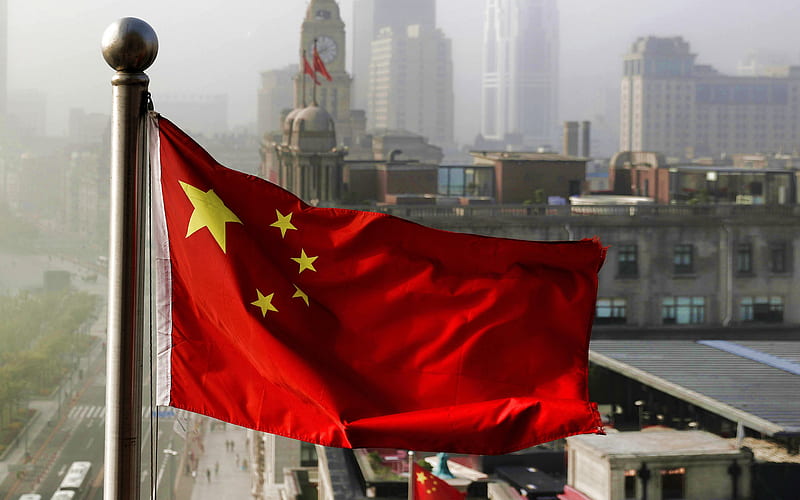China announces bank reserve ratio cut to shore up slowing economy

China’s central bank said Wednesday it will cut the amount of cash that banks must hold as reserves from Feb. 5 as a monetary easing measure to shore up the slowing economy amid a property sector crisis.
Pan Gongsheng, governor of the People’s Bank of China, said at a press conference that the reserve requirement ratio will be lowered by 0.5 percentage point to pump about 1 trillion yuan ($140 billion) of liquidity into the economy.
After the cut, the average reserve ratio requirement for financial institutions will be around 7.0 percent.
It will be the first ratio cut since the 0.25-point reduction in September and the largest since December 2021, when the ratio was also reduced by 0.5 point.
Between April 2022 and September 2023, the central bank had lowered the ratio four times — each by 0.25 point. The step is expected to boost consumption and domestic investment by prompting financial institutions to lend more money to companies and other entities.
Pan pledged at the press conference to improve the financial environment to achieve stable economic growth. He also pointed out that a lack of domestic demand has led to a drop in prices.
The world’s second-biggest economy has been slowing, and its real estate sector continues to be affected by problems that have left major developers China Evergrande Group and Country Garden Holdings Co. saddled with heavy debts.
The property market accounts for some 30 percent of China’s gross domestic product. The country also faces other economic challenges, such as high youth unemployment, subdued external demand and mounting local government debts.
China’s GDP expanded a real 5.2 percent in 2023 from a year earlier, government data showed last week, with the figure meeting the country’s annual target of around 5.0 percent due partly to the previous year’s low baseline caused by the stringent “zero-COVID” policy.
However, investment in real estate development dropped 9.6 percent last year, following a 10.0 percent fall in 2022. In November, the International Monetary Fund said that China’s economic growth in 2024 is projected to slow to 4.6 percent.
In 2023, China’s consumer prices rose 0.2 percent, the slowest growth since 2009. In December alone, the consumer price index edged down 0.3 percent from the previous year for the third straight monthly decline.




